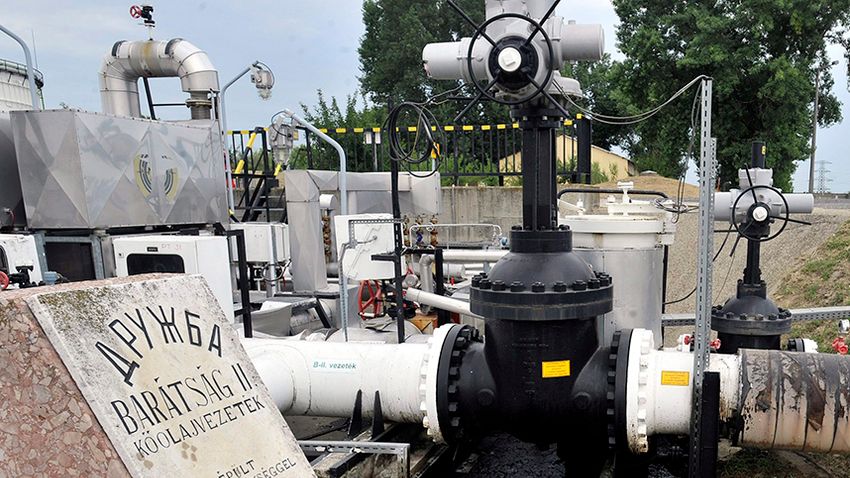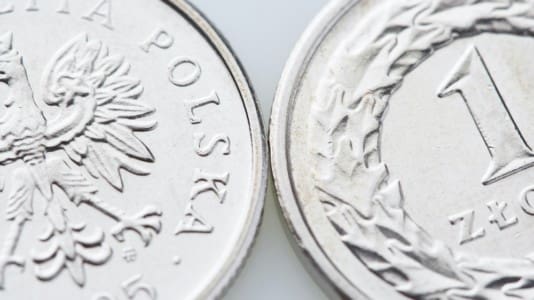Balázs Orbán, the prime minister’s political director, shared a survey on his social networking site showing that Budapest is still the European capital where people pay the least for energy.
According to the graph shared by the politician, Brussels, the headquarters of the EU, which introduced sanctions on energy, is where people pay the most for electricity, while Sweden is the country where people pay the most for natural gas.
In his post, Balázs Orbán also said that the government will continue to work in 2023 to ensure that Hungary continues to pay the least for energy.
Hungary has had a utility price cap in place since 2013, and last summer the government announced it will maintain the price cap for households up to the average consumption, meaning 214 kilowatt-hours for electricity and 144 cubic meters of natural gas per month. Consumption exceeding that level is now billed at market prices.
Hungary has been able to deliver cheap energy to its citizens through its access to cheap Russian gas and oil. Hungarian Prime Minister Viktor Orbán argues that sanctions on Russia should be dropped, which he says would bring inflation in the EU down by approximately a half.
“The sanctions imposed in response to the war, and the resulting huge energy prices, are pushing all of Europe towards economic decline and recession. This threatens all EU countries. The question is, can you stay out of it? And the Hungarian strategy is to stay out of it,” Orbán said in a speech just before the end of 2022.
“The most important issue, of course, is the question of sanctions: If there were no sanctions, if there were no sanctions on energy in Brussels, for example, and a fairy were to lift the energy sanctions tomorrow morning with a magic wand, then Hungarian inflation would suddenly fall, perhaps not by half, but perhaps even that much. And we have always fought against sanctions because we knew they would cause inflation.”






